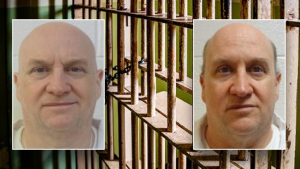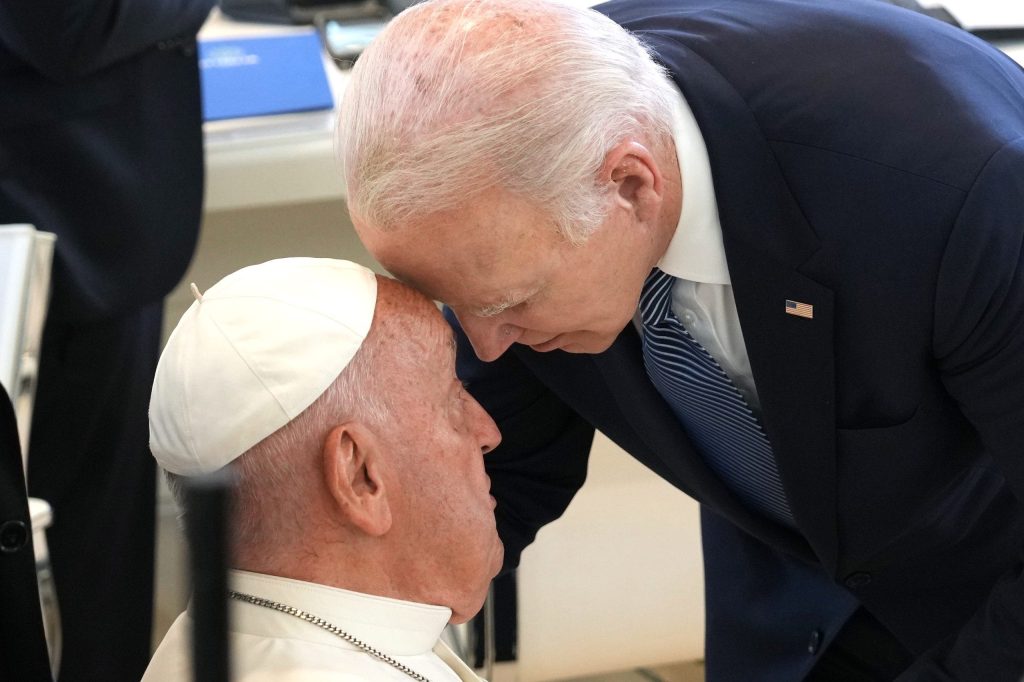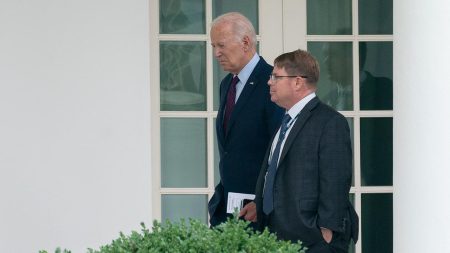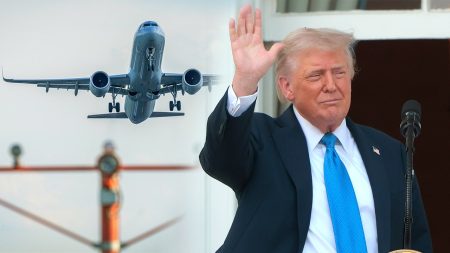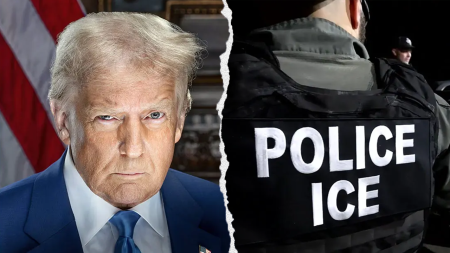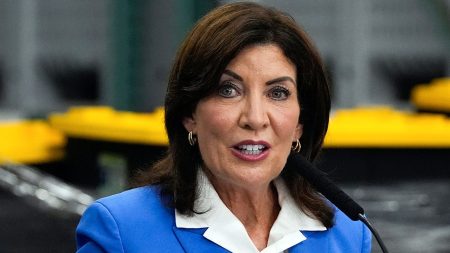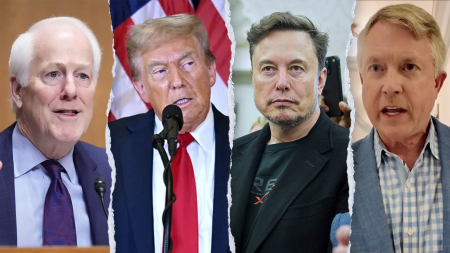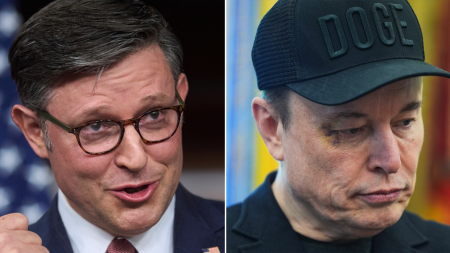President Joe Biden’s impending trip to Italy in January 2024 carries significant diplomatic and personal weight. This four-day visit, scheduled for the second week of January, will feature a prominent public audience with Pope Francis at the Vatican on January 10th. This meeting, occurring shortly after the commencement of the Vatican’s Holy Year, holds particular resonance given Biden’s status as only the second Catholic president in US history. Beyond the religious significance, the meeting offers an opportunity to address global issues, including the ongoing pursuit of peace, a subject of mutual concern for both leaders. Biden’s discussions with the Pope are expected to draw upon their shared history of engagement on issues ranging from climate change and pandemic response to humanitarian crises stemming from conflicts in regions like Ukraine and the Middle East.
The visit to Italy extends beyond the Vatican walls, encompassing meetings with key Italian leaders. Biden will engage with Prime Minister Giorgia Meloni and President Sergio Mattarella, aiming to reinforce the strong bilateral relationship between the US and Italy. These discussions will likely acknowledge Meloni’s leadership of the G7 throughout 2023, a role that Italy is set to relinquish at the end of the year. The conversations are also expected to address broader global challenges, offering a platform for collaboration and strategic alignment between the two nations. Italy’s position as a key player in the European Union and the G7 makes this dialogue particularly relevant in the context of navigating complex global dynamics.
This January trip represents a notable capstone to Biden’s first term in office. It echoes the actions of former President George H.W. Bush, who similarly embarked on international travel during the final month of his single term. Such late-term travels underscore the enduring importance of international diplomacy and the president’s continued engagement on the global stage. The timing, coinciding with the Vatican’s Holy Year, adds a layer of symbolic significance, particularly given Biden’s Catholic faith. The confluence of these factors positions the trip as a significant event, both personally and politically, as Biden’s first term draws to a close.
The relationship between Biden and Pope Francis has developed over several years, marked by both convergences and divergences in their viewpoints. Past meetings have addressed crucial global issues, including the conflicts in Israel and Ukraine. The two leaders have found common ground in their concern for humanitarian crises and the pursuit of peaceful resolutions. Their shared commitment to addressing climate change and promoting equitable global recovery from the pandemic underscores a common goal of global well-being. However, their differing stances on abortion, a highly sensitive issue, highlight a key area of disagreement. Despite this divergence, their ongoing dialogue and mutual respect have allowed for continued engagement on shared priorities.
The January meeting will offer an opportunity to revisit these issues and potentially explore new avenues for collaboration. The backdrop of the Holy Year adds a spiritual dimension to the encounter, potentially influencing the tone and focus of their discussions. Given the current global landscape, characterized by ongoing conflicts and humanitarian crises, the meeting holds the potential for reaffirming shared values and strengthening efforts towards peace and stability. The context of Biden’s impending end of term also lends weight to the meeting, potentially framing it as a legacy-defining moment in his foreign policy engagements.
Biden’s journey to the Vatican also marks a significant moment in the relationship between the United States and the Holy See. It represents a continuation of a tradition of engagement between American presidents and the Pope, particularly notable given Biden’s Catholic faith. This visit underscores the importance of interfaith dialogue and cooperation on global issues of mutual concern. The timing of the visit, during the Vatican’s Holy Year, further amplifies its symbolic significance, highlighting the enduring connection between faith and diplomacy. The meeting offers a platform for both leaders to address the world stage and advocate for peace, justice, and humanitarian efforts. Biden’s trip serves as a testament to the enduring relevance of diplomacy and the pursuit of common ground, even amidst differing perspectives.
